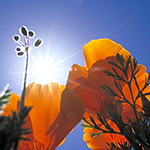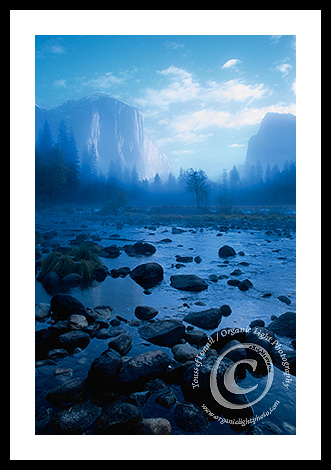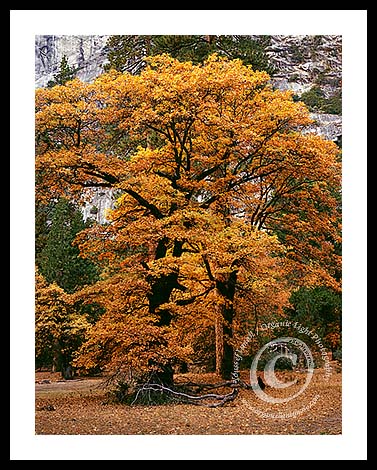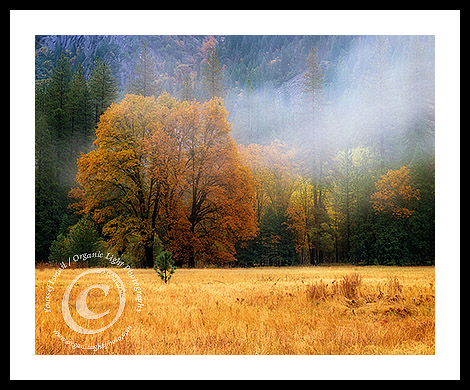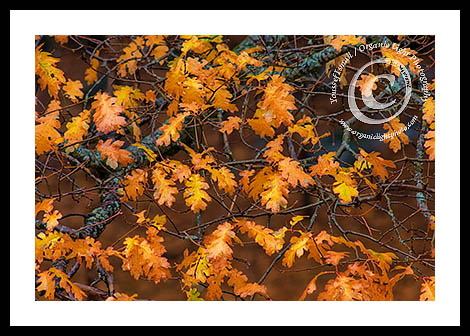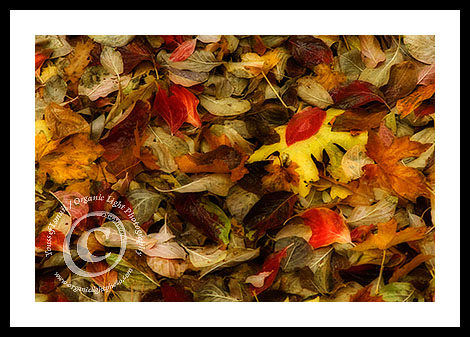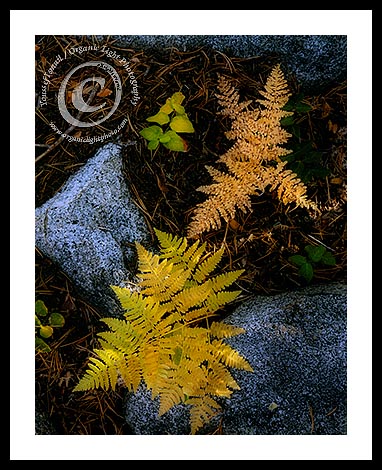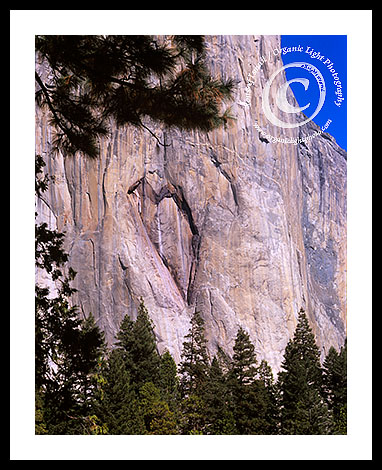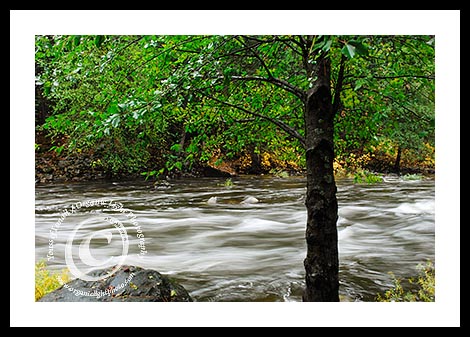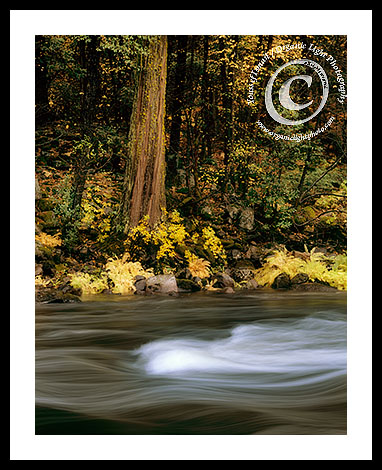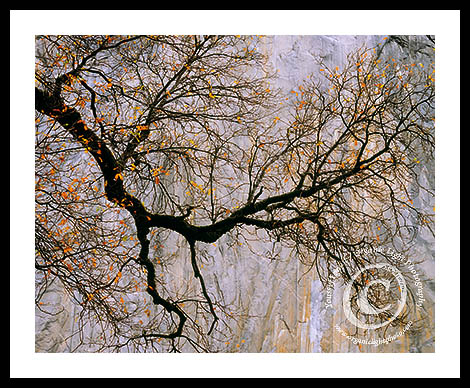Excellence
Achieving excellence in my endeavours has always been a top priority for me. I could never bring myself to do work that was half way, and if I could not produce top rate results in what I was trying to do, I either worked harder at it or decided that my efforts could best be served doing something else. When I finished high school I was very fond of woodworking and making fine furniture. That was nearly 30 years ago, and I still have a fine birch table that I made in my senior year. I left high school seeking to work as a furniture maker. I ended up working that first summer in a factory that made rock-band speakers building the speaker cabinets production-line style. Not really my idea of fine woodworking. So at the end of that summer I signed up for community college, not exactly sure what I was going to do.
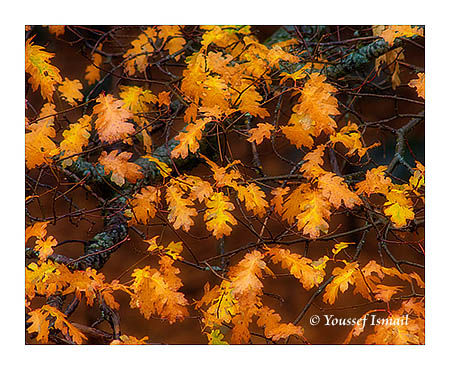
Oak Net
I spent the next 6 years working towards a bachelors degree in engineering. I quickly became obsessed with earning high marks in all my classes. Something that was new to me, as I was never driven academically in high school. I devoted those six years to my studies, from dawn to late into the night, sometimes putting in 20 hour-days for weeks on end. All my work was elegant, solutions to problems meticulously carried out step-by-step, with every problem in the texts solved. I went above and beyond what my professors asked for. I did not need to do this, but I was driven to produce only the best work. At times I hated that I worked so hard, but I could not bring myself to do anything less. In the end it was all worth it, graduating Summa Com Laude with a 3.94 GPA. I was proud of what I had accomplished and it gave me the ranking that earned me the opportunity to attend Stanford University where I was given a research assistantship that paid for me to study there for another 6 years where I earned Doctoral degree in Mechanical Engineering. However, when I finally finished my studies and decided to enter into the corporate world, I quickly discovered that quality work was not as prized as it was in academia. Cost was the driving factor and unreasonable deadlines usually drove the outcome. That was a hard pill for me to swallow.
During those six years at Stanford I picked up photography as a hobby and then it too became an obsession and finally as my livelihood. At first I was concerned with learning how to master exposure, which by the way only took about 8 years. Then later working hard to master composition and further than that how to produce a photograph that would move some one’s heart the way mine was moved at the time I experienced that moment depicted in the photo I made. I still struggle with that. It has been a long and arduous journey learning how to do this. Along the way I met with many brick walls that almost forced me to stop. At times when I felt my work was not up to par, that it could not compete with the work of other photographers that I admired it was not hard to convince myself to just give up. However something inside kept pushing me. In school it was a level playing field, my work was compared to my peers and we were all learning. But with my photography, I compared my work against that of the masters and it was falling short in a very serious way.
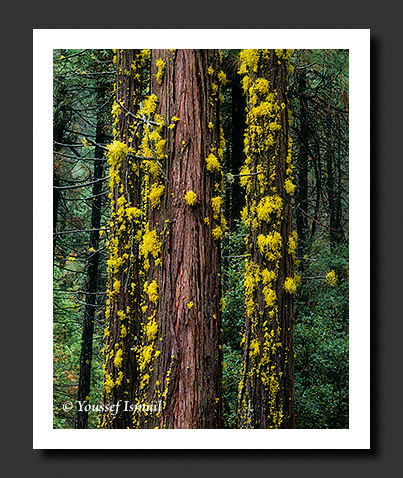
Incense Cedar and Lichens
Now after 20 years of work, I no longer compare my work to the work of others, at least not in a superficial way. I rank it by my own expectations and by the responses I receive by my patrons and admirers of my work. If I find that a certain photograph can elicit a response from a viewer in such a manner as to indicate that their heart was moved how my was, then I know that I have been successful. And if it further moves a person to actually purchase it for themselves, then I know I have achieved excellence in my work.
It has been a long and hard process getting to this point. One that I would never want to trade in or change. Five years ago I decided that I had enough experience under my belt, so to speak, that I could offer what I know to others through instruction. I have had many students since that time. One of the over-arching complaints my students have had when asked why they are seeking photographic instruction is that they can’t seem to make photos that represent what they “saw” at the time they made their photo. I have found over the years that the majority of the time, the answer lied in technical proficiency, and in specific proficiency in making the “correct” photographic exposure.
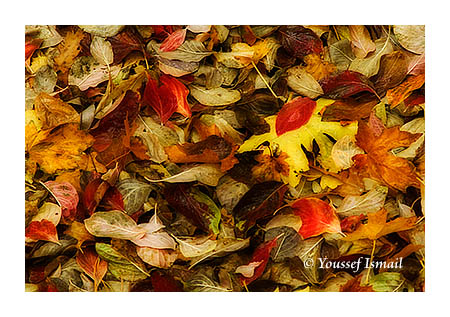
Dogwood Carpet
One class will not bring the proficiency of making a photograph that captures what was seen at the moment it was made, and anyone promising that is lying to you. What instruction will bring is a savings in time and effort by having someone tell you what mistakes to avoid based on years of experience. This points the student in the right direction on the journey to making the photographs they want to make. It will still take practice, lots of practice, and many mistakes will still be made but with an instructor concerned with the success of the student in mind, every mistake becomes a means for learning what to avoid without having to suffer the frustration of not knowing why that photo did not work out.
My instruction is step wise. I first focus on the technical aspects of camera operation and how to expose a scene the way the student wants it to appear. I emphasize the basics, the foundations of good photography, by learning how to control the camera manually rather than letting the camera control the student. I instruct the student to see the camera as a tool in their image making and not as a constraint. Once I feel the student has a good grasp of the technical, I then move on to the esoteric aspects of image making – the how and why of making a photograph speak for you. It takes time, but I have seen great things come from the students I have taught, and in turn they have seen their improve as well.
If learning how to make expressive photograph interests you, then consider one of my clinics, workshops or photo tours. And if you find that my approach or offerings don’t interest you let me know and I can suggest several fine classes from other photographers that I admire. Helping you improve in your work brings me great satisfaction, and it raises the bar of excellence a bit higher every time I can help someone improve.
For a listing of the clinics and workshops offered visit the Organic Light Photography Workshop Page, or Contact me for more information.
